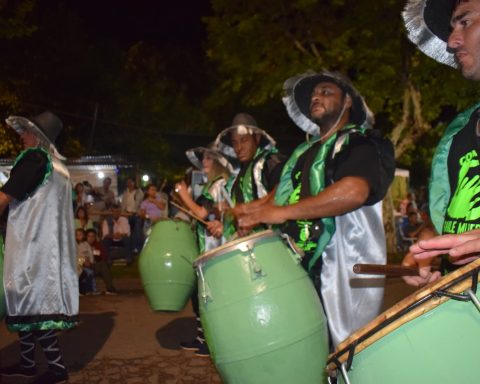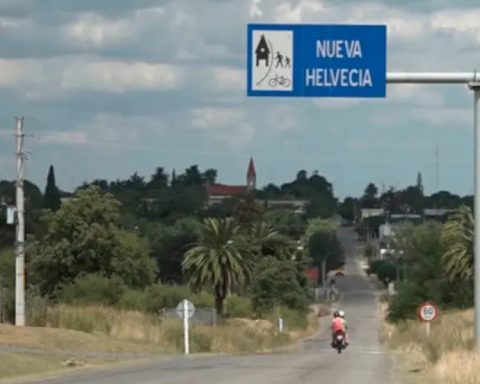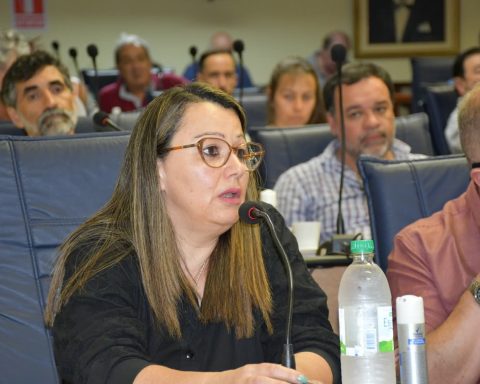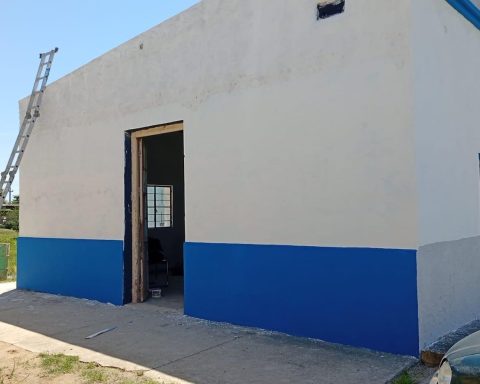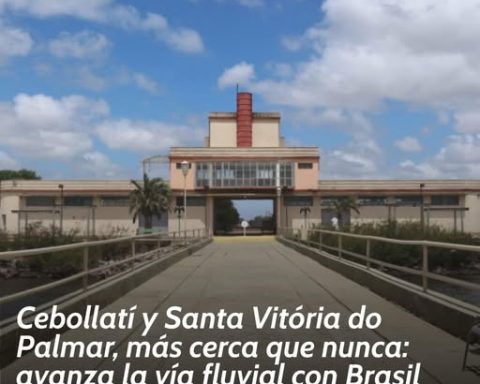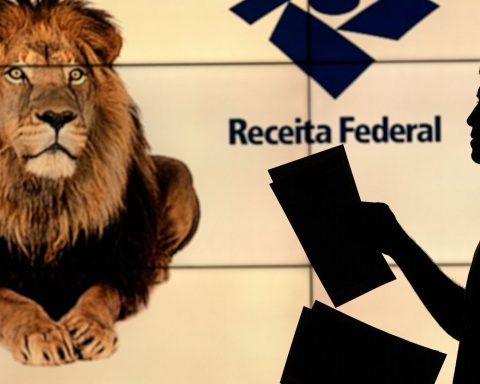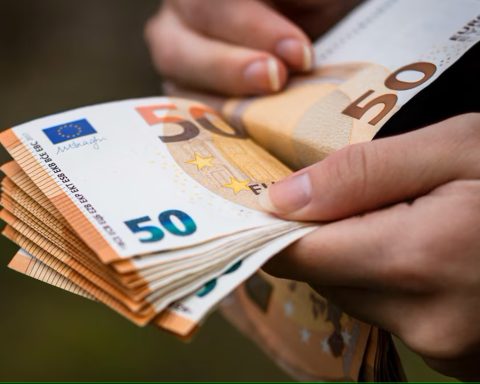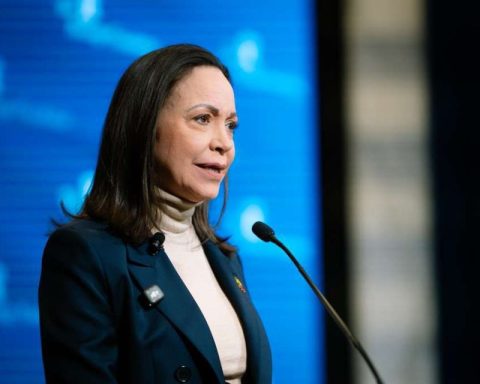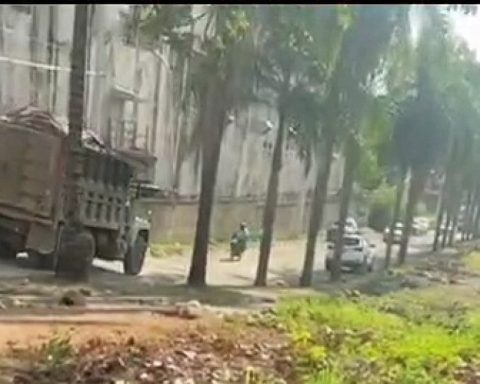Half a century is an enormity in the life of a man and almost nothing in the history of the world. In the case of the period of 50 years that have elapsed that brings us together today, it is long enough and obviously short enough for the people who have lived through it to oscillate between oblivion and memory.
But the unforgivable coup d’état of June 27, 1973 perpetrated in Uruguay by the military and civilians, which left a trail of dead, disappeared, maimed and shattered families, calls for a rejection that cannot leave loopholes for doubt.
And that is where politicians must assume a position in accordance with what was, what could have been and what will be. Because the little faith in democracy, the weaknesses and the mistakes of the political class that ruled the country in those years, was also propitious for the military to take over the institutions.
And the attitude they assume in the present is essential to deter any attempt to end democracy in the future.
That is why the absence of President Luis Lacalle Pou at the ceremony in which the Uruguayan State recognized its responsibility for the so-called murders girls of april and the disappearances of Luis Eduardo González González and Oscar Tassino.
Lacalle Pou could have sent a message of peace and unity that would have been valued by all political parties, except for Cabildo Abierto, where it is difficult to find words of comfort for the victims and repudiation of the perpetrators. This is not surprising since the group led by Guido Manini Ríos is plagued by those nostalgic for the dictatorship and, among other things, seeks house arrest for the repressors imprisoned in Domingo Arena, repressors whom that group considers “political prisoners.” .
But the rest of the parties are in a position to say and do what is right so that the slogan of “Never Again” dictatorship becomes something more than an occasional proclamation. And your responsibility is great.
The little faith in democracy, the weaknesses and mistakes of the political class that ruled the country in those years, was also propitious for the military to take over the institutions.
It is true that the military’s appetite for power and the actions of the guerrillas were essential to encourage or justify the coup, but the lack of credibility of the politicians was an undeniable factor of weight in pushing the end of democracy.
In that sense, a Gallup poll conducted April–May 1973 He asked if the accusations by the military against politicians -disclosed in a military statement- regarding abuse of privileges and corrupt practices were considered true or exaggerated. 52% answered “true” and 27% answered “exaggerated”.
On the affirmation that “the deputies and senators have not been concerned about the well-being of the people”, 60% said they agreed. And, among the Broad Front voters, support for that phrase was even higher, reaching 73%.
70% of those surveyed shared with the military that parliamentarians enjoyed “great privileges that are true abuses.” Asked about who works more seriously, 50% answered the military and 17% politicians.
The figures clearly show how much of the population had pinned their hopes on the military, disenchanted with a political class that did not give them answers.
Half a century after the coup, politicians have the opportunity to make a mea culpa about what was done in those years that preceded the institutional breakdown.
The opinion of Uruguayans about politicians, fifty years after the coup and 37 after the restoration of democracy, has changed, but not everything that is desirable.
A survey released by Equipos last year reveals that 50% of those consulted trust “a lot” or “some” in the Armed Forces, while 45% trust political parties and 50% trust “little” or “nothing”.
That is to say, the breeding ground for food for the enlightened is on the table, although it is extravagant to think that the boots will step on democracy again.
Half a century after the coup, politicians have the opportunity to make a mea culpa about what was done in those years that preceded the institutional breakdown.
For now, Lacalle Pou will organize a meeting at the Executive Tower on June 27 with former presidents Julio María Sanguinetti, Luis Lacalle Herrera and José Mujica who will talk about that institutional break.
For its part, Parliament will meet on June 26 at the same time it was in session before the boots stepped on it.
We will have to see how politicians behave in these and other instances of this dramatic anniversary. Their words will show them contributing to harmony and the necessary self-criticism, or bringing coals to the bonfire of inefficiency and neglect. The one that trapped them between the military and the guerrillas, and ended up convincing the people that those who governed them were all equal in their incompetence, and the democracy that they represented was nothing more than an easily discardable system.
